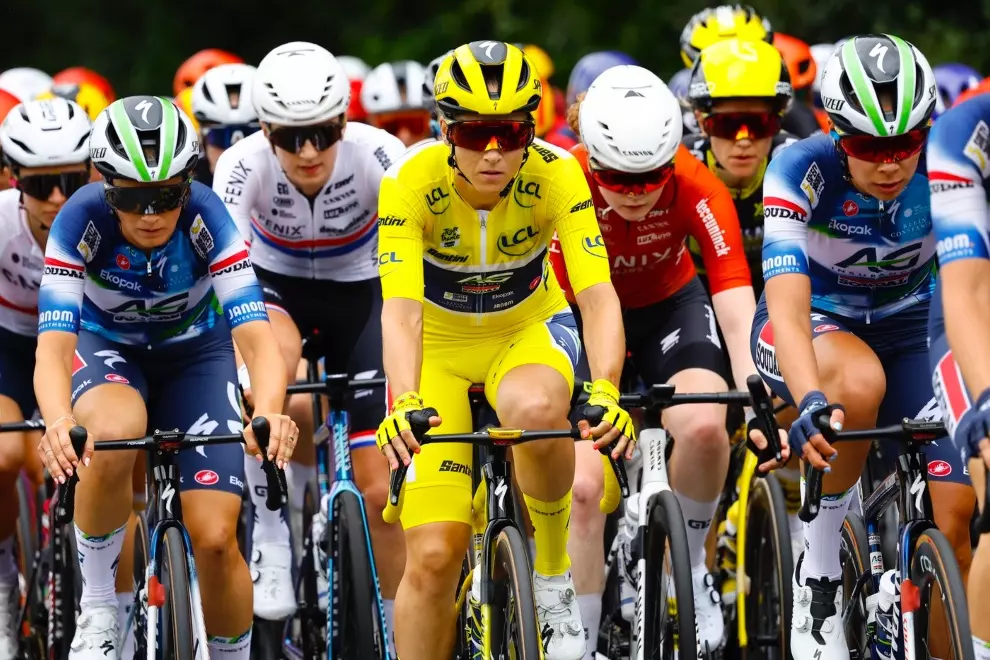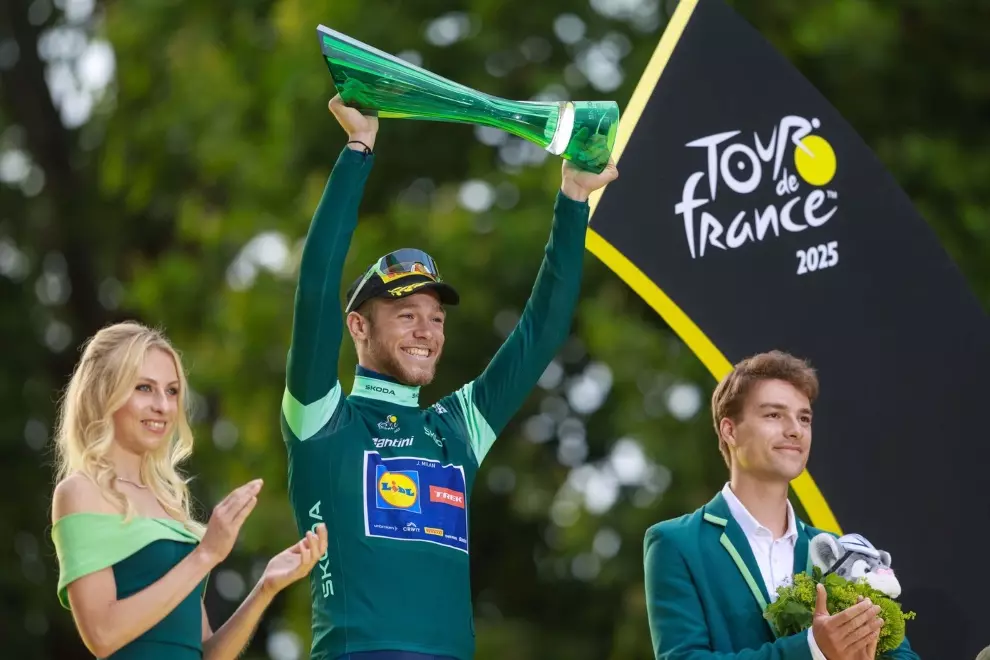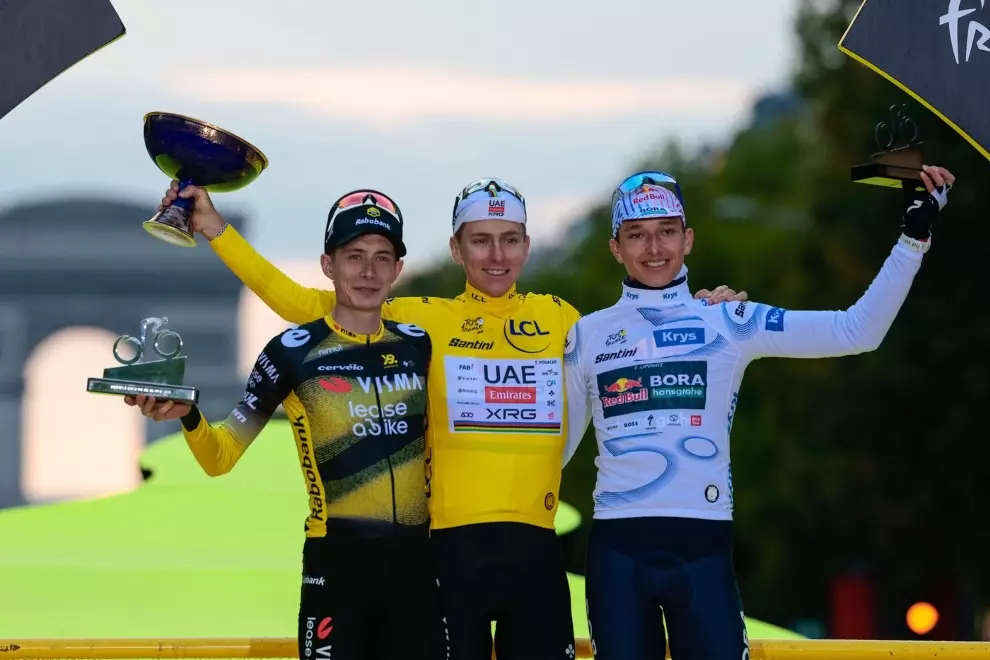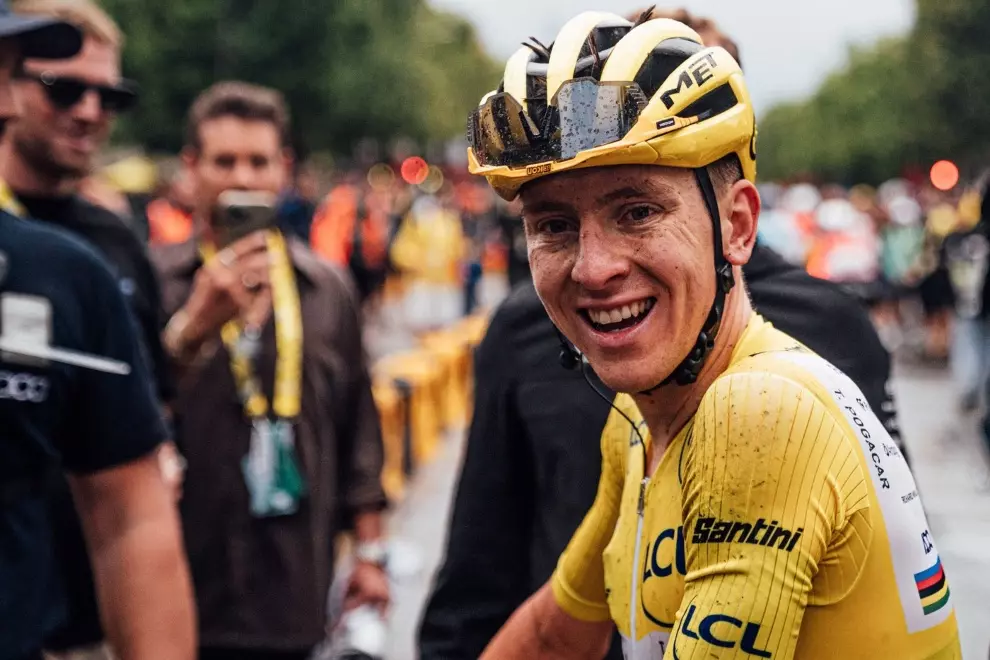In your opinion, how is Paris-Roubaix different from the other monuments?
OK, for me, I think that it is a unique race and not only in terms of the 5 monuments. It is a race unlike any other around the world. It is a race that you must have in your heart just to even try it. So, for many professional racers who decides to take it on, it is because they love this race. In this sense, it is a love/hate challenge. You see, the physical difficulties are nearly impossible because there is no time to relax; your body is under constant stress. So, you see, it is something a pro-rider must want to experience. And once you are able to complete such race, then as a rider you can go anywhere after that!

What were your impressions of this year’s Paris-Roubaix?
This year, I have said many times that it was a race open to a lot of riders. I would say that 10 to 15 riders could have won it. And I would say that in the last few years, this race is changing because it is getting more difficult for a single rider to go alone and be the winner. I don’t know exactly why but we see that the bikes have been changing a lot over the last few years and this is certainly one of the reasons.
If I compare [this year’s race with the one] 20 years ago, there are so many cumulative changes. Back in my day, we had one bike and that was it. We could make some changes on the wheels and tires but that was about it! Now the teams have many more components to play with such as suspension/no suspension, electronics, disk brakes or not, etc. The race has become more technical in nature than in the past and I like that!
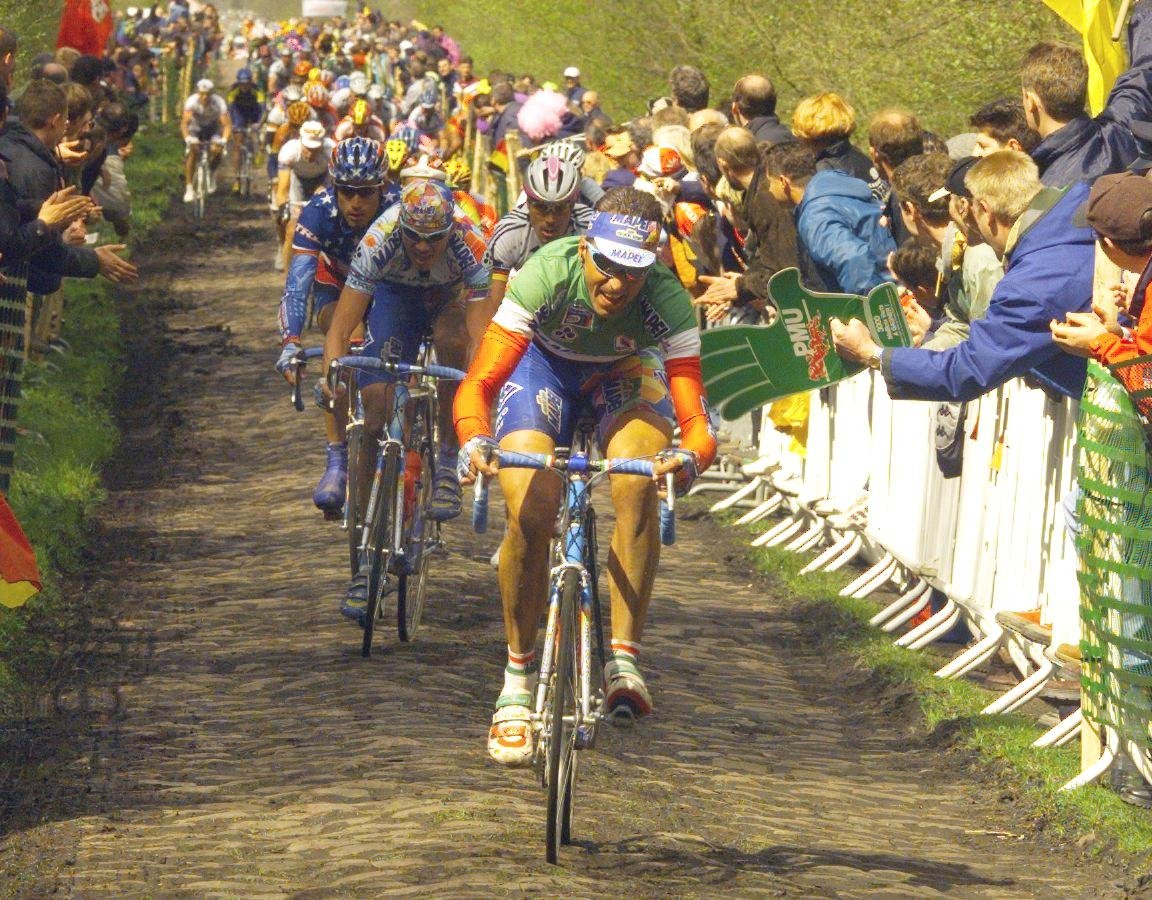
In fact, I think that the changes in wheel design may be one of the most important in all of the recent changes, especially tubeless tires. Back in the day, we had a maximum of 26″ tires. Now they are using 28” and even 30″. Personally, I think that the whole suspension thing may not be necessary. Sure, it may be more comfortable but I am not sure if it is necessary.
What were the major points to remember in this year’s race?
This year and also the last, for most of these ’Classics of the North’, it is one team that is becoming more and more important. And in my opinion, Deceuninck–Quick-Step is the team perfectly suited for these races right now. In fact, them not winning the Tour of Flanders this year must have been a big deal since this race has a lot of meaning in the mind of each of their riders.
In fact, when you look at the current team’s roster of riders, it is in some way similar in nature to the one of MAPEI (1993-2002), where they gathered some of the best riders for these races, and Patrick Lefevere is the best to build such a type of a team.
Now, for example, look at a rider like Greg Van Avermaet (CCC Team) – a rider who had great potential for winning this year’s Paris-Roubaix. The fact that the team is so important nowadays made his task harder because Deceuninck-Quick-Step is built around these races and, therefore, represents such a treat to a rider as strong as Greg.
Tell us about your personal best memory of Paris-Roubaix.
For me, the best memory is definitely the 1996 race when all three riders of our team arrived together, with Johann Museeuw, Gianluca Bortolami, and myself on the podium. Us three in the Velodrome was just special and I will keep this in my heart forever. It is the moment when I understood that it was possible for me to win Paris-Roubaix.
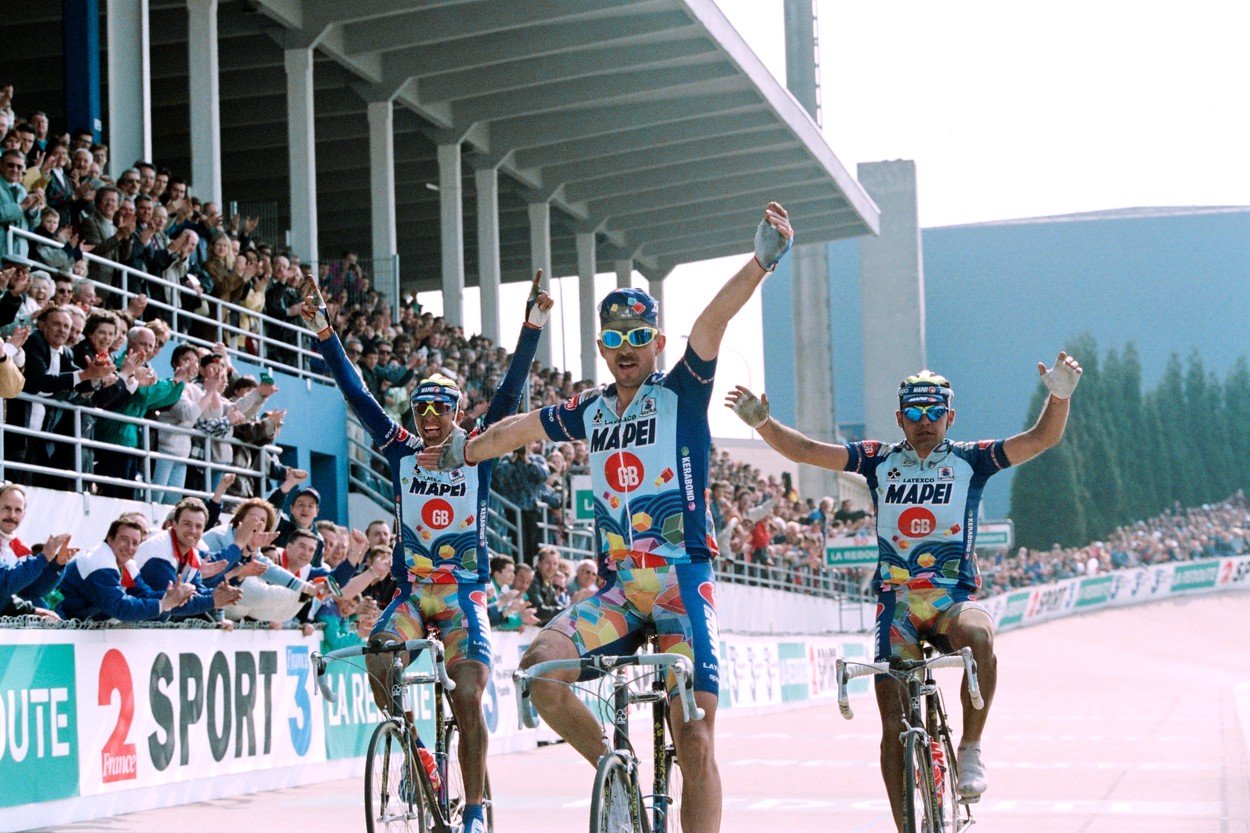
How do you see the modern peloton compared to your riding days?
You know, modern cycling is different from the time I was racing and it is changing fast. Today, I see that technology is driving the race management. I can’t really tell, except for when I see some of the riders training in Tuscany. So I cannot pretend to understand everything because I cannot really compare.
In my time, the most important thing for a rider was to understand his body, understand when you are tired, when the legs are not good during a race. It was more simple. I guess today I would have to spend one month with a team in order to better understand the current approach to cycling.

